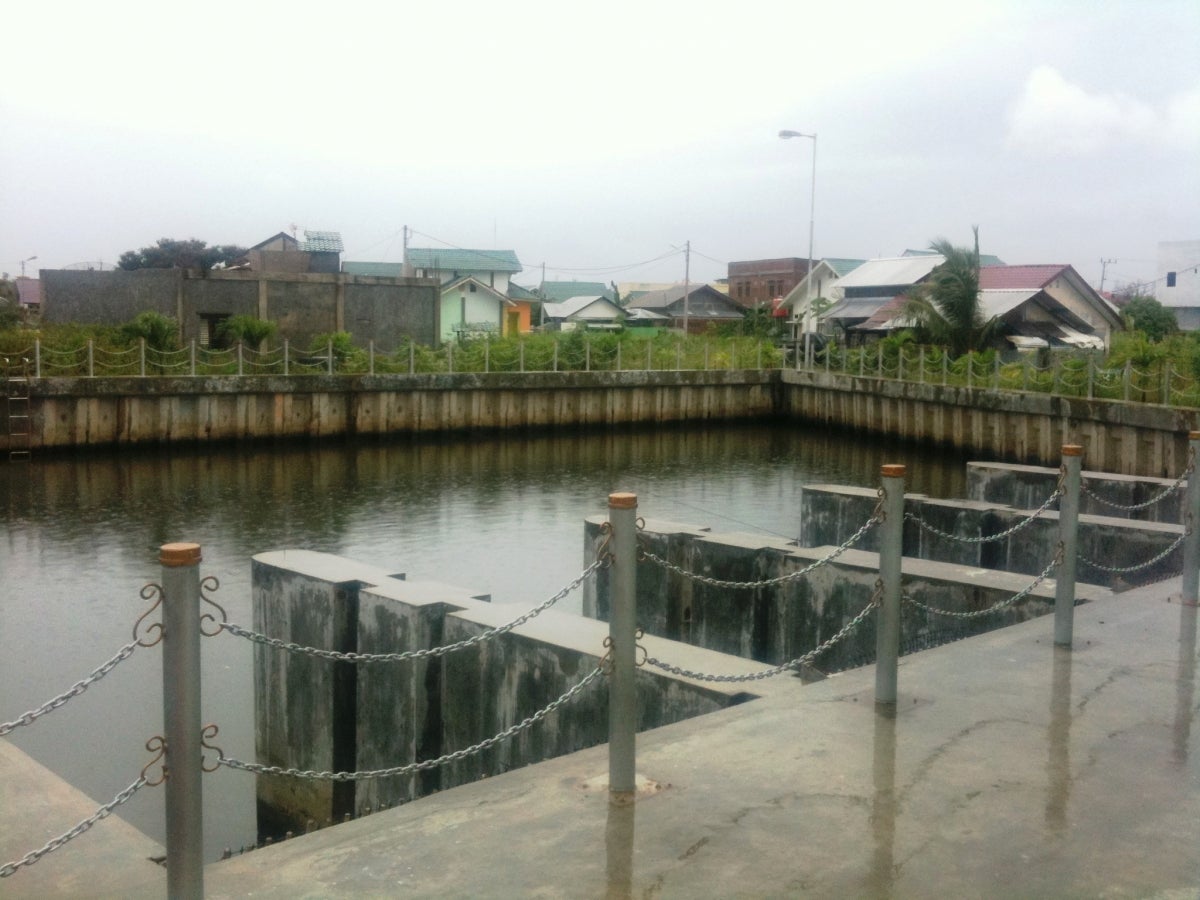Available in Bahasa
The new airport in Banda Aceh was as magnificent as the Taj Mahal—bright, with endless marble floors and beautiful domes. You can almost imagine a reflecting pool, maybe a garden…OK, I might be getting a little carried away. But if you had ever travelled through the old airport—something like a Greyhound bus station in a rust-belt city with a runway attached—you’d understand my excitement.
That was more than four years ago. Since then, the entire city has transformed. Just take the roads. I used to bike all over the city, so I know from first-hand experience that many of the roads were in bad shape, with huge potholes and puddles as big as lakes. But now? You might think you were driving in Germany. Every road is perfectly paved, even the narrow, single-lane ones. When it rains, the water just drains away.

The transformation doesn’t stop at roads. I also saw a new water treatment facility, a flood control system, drainage canals, the new ferry port and a landfill that meets international environmental standards. No wonder the city is so spanking clean. 
I can’t tell you how good it feels to see Banda Aceh in such good shape. The reconstruction effort clearly worked. But there’s plenty left to do if Aceh is to reach its potential—the private sector is nowhere near ready to pick up where reconstruction left off. And government has a big job on its hands—providing effective public services, building a better business environment, and preserving the peace.
Maybe the private sector can help out. Right now, government manages—and pays for—infrastructure and public services, like the airport, water treatment plant and landfill. It might not be a bad thing for the private sector to take on those jobs under public-private partnerships (PPPs). It would free up government resources and help make infrastructure economically sustainable. Setting up PPPs in Aceh might be a long-term effort, but they have been used effectively in cities all over the world. So why not in Aceh? It just might be worth the effort.



Join the Conversation